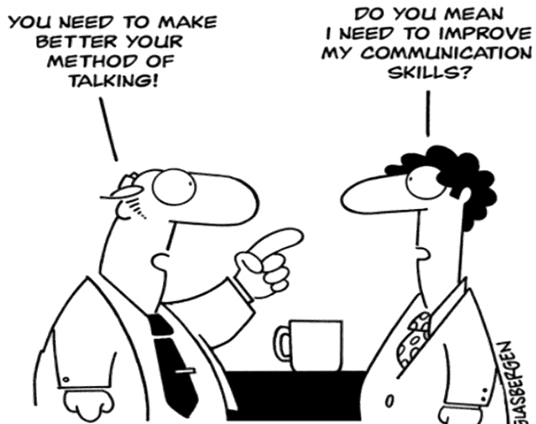Oracy is the ability to express yourself fluently and grammatically in speech.

Why is Oracy important?
Good communication skills:
- Will enable you to be successful in interviews at Universities or for a job
- Are essential for most jobs / careers
- Will increase your confidence during discussions
- Will enable you to debate issues that effect you
- Will enable you to discuss difficult concepts in class. This will aid your understanding and your ability to answers challenging questions in exams.
What are the ground rules for good Oracy?
- Quantity – Say as much as is needed but no more.
- Truth – Tell the truth and ensure you have enough evidence.
- Relevance – Only say what is relevant to the conversation.
- Clarity – Avoid obscure expressions, avoid ambiguity, be brief, be orderly.
- Active listening – You must listen carefully to the whole conversation to get the most out of it and to understand how to respond to somebody else (your teacher or another student).
What does good Oracy sound like in your lessons?
Whenever you answer a question or are discussing a topic in a group you should do the following:
- Use formal language
- Use subject specific vocabulary
- Speak in full sentences
- Think about your delivery – speak confidently and loudly enough for everybody to hear
- Model perfect answers for other students in your class.
For example, How do you multiply these two fractions?
Answer 1
The top and bottom numbers are just timesed together.
Lacks subject specific vocabulary and is not a full sentence.
Answer 2
Times the numerators and times the denominators.
Contains some subject specific vocabulary, but not a full sentence and lacks some detail.

Answer 3
To multiply two fractions together you multiply the two numerators to give the numerator of the answer and also multiply the two denominators together to give the denominator of the answer. Also, if it is possible you should cancel down your answer into a fraction in its simplest form. In addition, if your answer is a top heavy fraction then you should convert it into a mixed number and give this as your final answer.
A great answer!

What activities can improve your Oracy skills?
Activity One: Would you rather?
Your teacher will give you an either/or scenario.
For example: Would you rather live in a tropical rainforest or a cold climate? or Würdest du lieber in London oder Berlin wohnen?
- Have some individual thinking time.
- Discuss it with your partner (remembering the ground rules for good Oracy).
- Your teacher may give you certain keywords, or a structure that your discussion should have.
Activity Two: Talking Points
Your teacher will share a controversial or thought-provoking statement with you.
For example: Selecting embryos to ensure that they do not have a genetic disorder is morally wrong.
- Have some individual thinking time.
- Discuss it with your partner (remember the ground rules for oracy).
- Your teacher may give you some support by providing key terms to include.
Activity Three: Back to back
- Find an image that you need to be able to describe.
- Sit back to back with a partner.
- One person describes the image and the other person draws it.
- The person describing must speak clearly.
- The person drawing must listen carefully and ask probing questions if they don’t know what to draw.
Click this link for a back to back example from A level biology, based on DNA structure.
Activity Four: Oracy for recall
This is an example from GCSE History, but the principle can be applied to any subject and any key stage.
- Work in groups of approximately 5 people.
- Remember the ground rules for good oracy.
- Give a fact about Germany during this time.
- Repeat the previous fact and add one of your own.
- Repeat the previous two facts and add one of your own.
- Continue until somebody can’t remember all of the facts.
- Start again.
Increase the level of challenge by ensuring that the facts are in chronological order.
Germany 1871 – 1918


